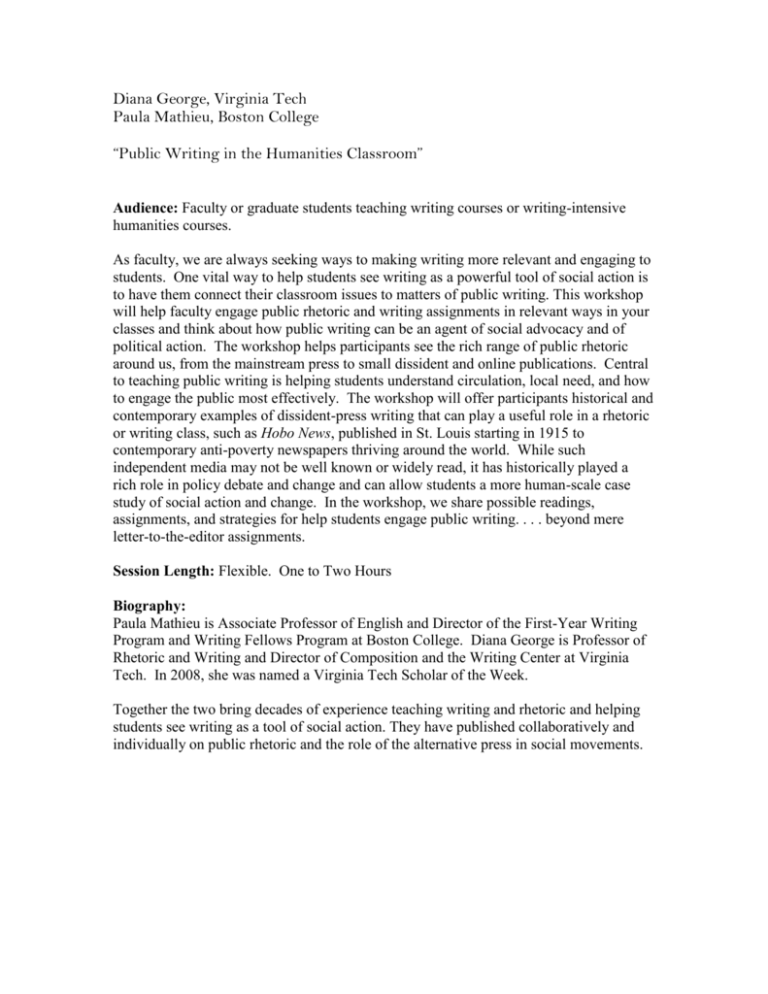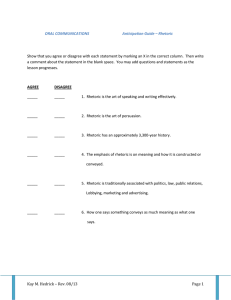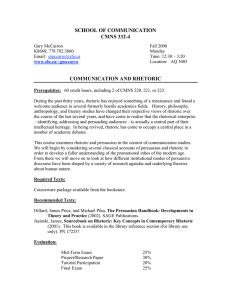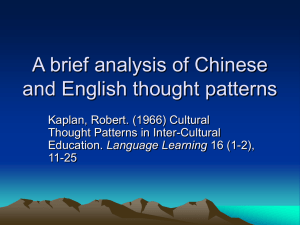Diana George, Virginia Tech
advertisement

Diana George, Virginia Tech Paula Mathieu, Boston College “Public Writing in the Humanities Classroom” Audience: Faculty or graduate students teaching writing courses or writing-intensive humanities courses. As faculty, we are always seeking ways to making writing more relevant and engaging to students. One vital way to help students see writing as a powerful tool of social action is to have them connect their classroom issues to matters of public writing. This workshop will help faculty engage public rhetoric and writing assignments in relevant ways in your classes and think about how public writing can be an agent of social advocacy and of political action. The workshop helps participants see the rich range of public rhetoric around us, from the mainstream press to small dissident and online publications. Central to teaching public writing is helping students understand circulation, local need, and how to engage the public most effectively. The workshop will offer participants historical and contemporary examples of dissident-press writing that can play a useful role in a rhetoric or writing class, such as Hobo News, published in St. Louis starting in 1915 to contemporary anti-poverty newspapers thriving around the world. While such independent media may not be well known or widely read, it has historically played a rich role in policy debate and change and can allow students a more human-scale case study of social action and change. In the workshop, we share possible readings, assignments, and strategies for help students engage public writing. . . . beyond mere letter-to-the-editor assignments. Session Length: Flexible. One to Two Hours Biography: Paula Mathieu is Associate Professor of English and Director of the First-Year Writing Program and Writing Fellows Program at Boston College. Diana George is Professor of Rhetoric and Writing and Director of Composition and the Writing Center at Virginia Tech. In 2008, she was named a Virginia Tech Scholar of the Week. Together the two bring decades of experience teaching writing and rhetoric and helping students see writing as a tool of social action. They have published collaboratively and individually on public rhetoric and the role of the alternative press in social movements.











